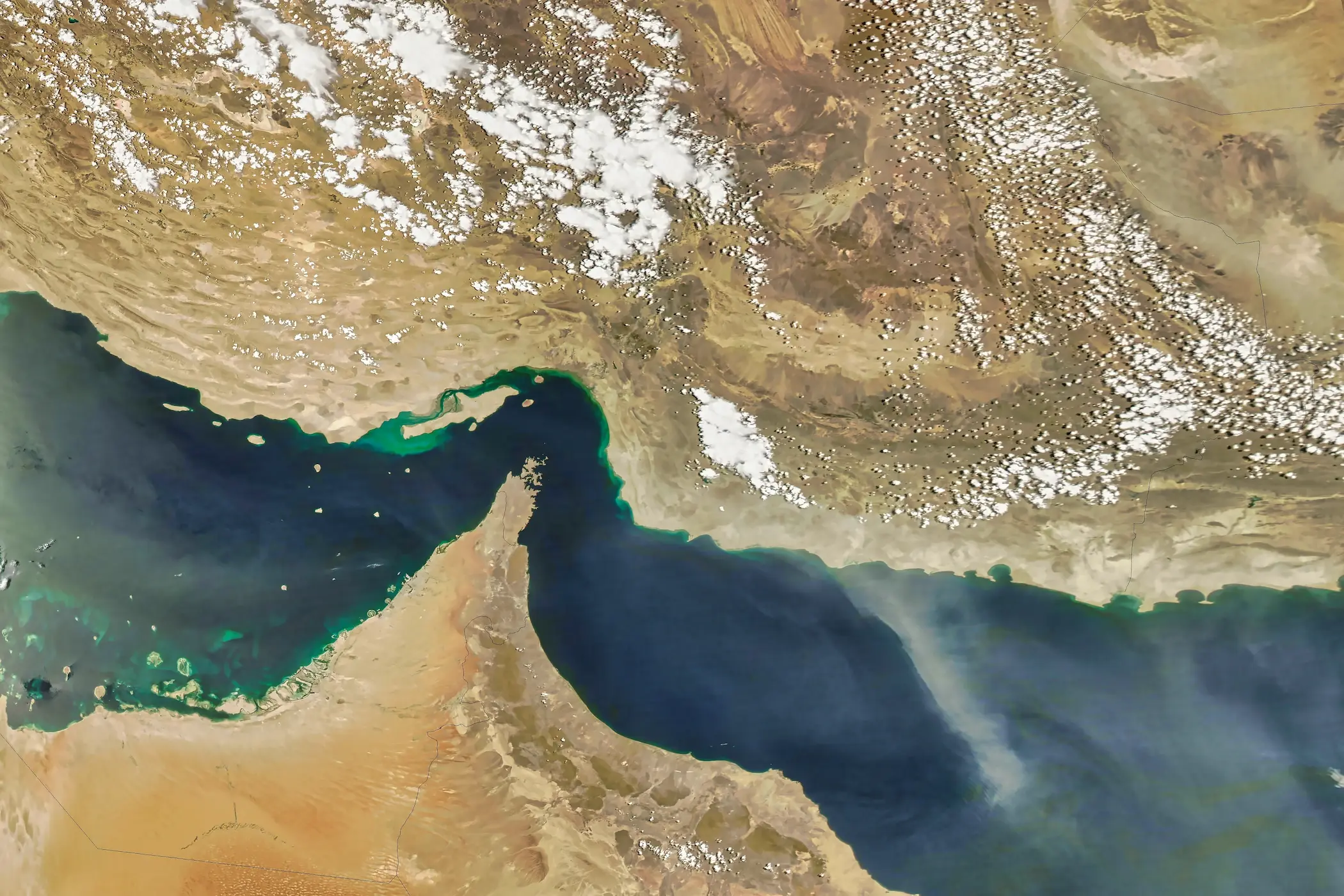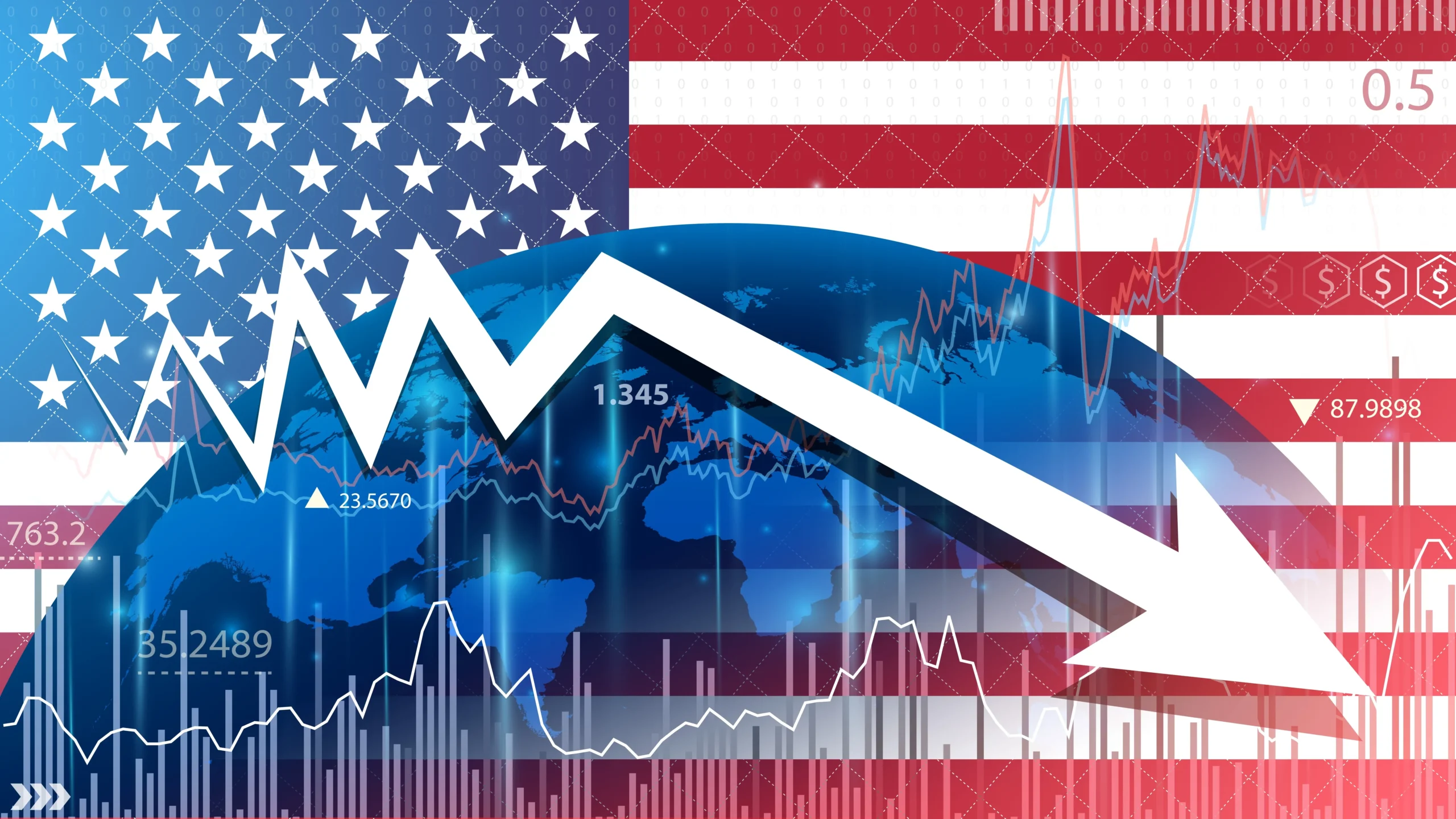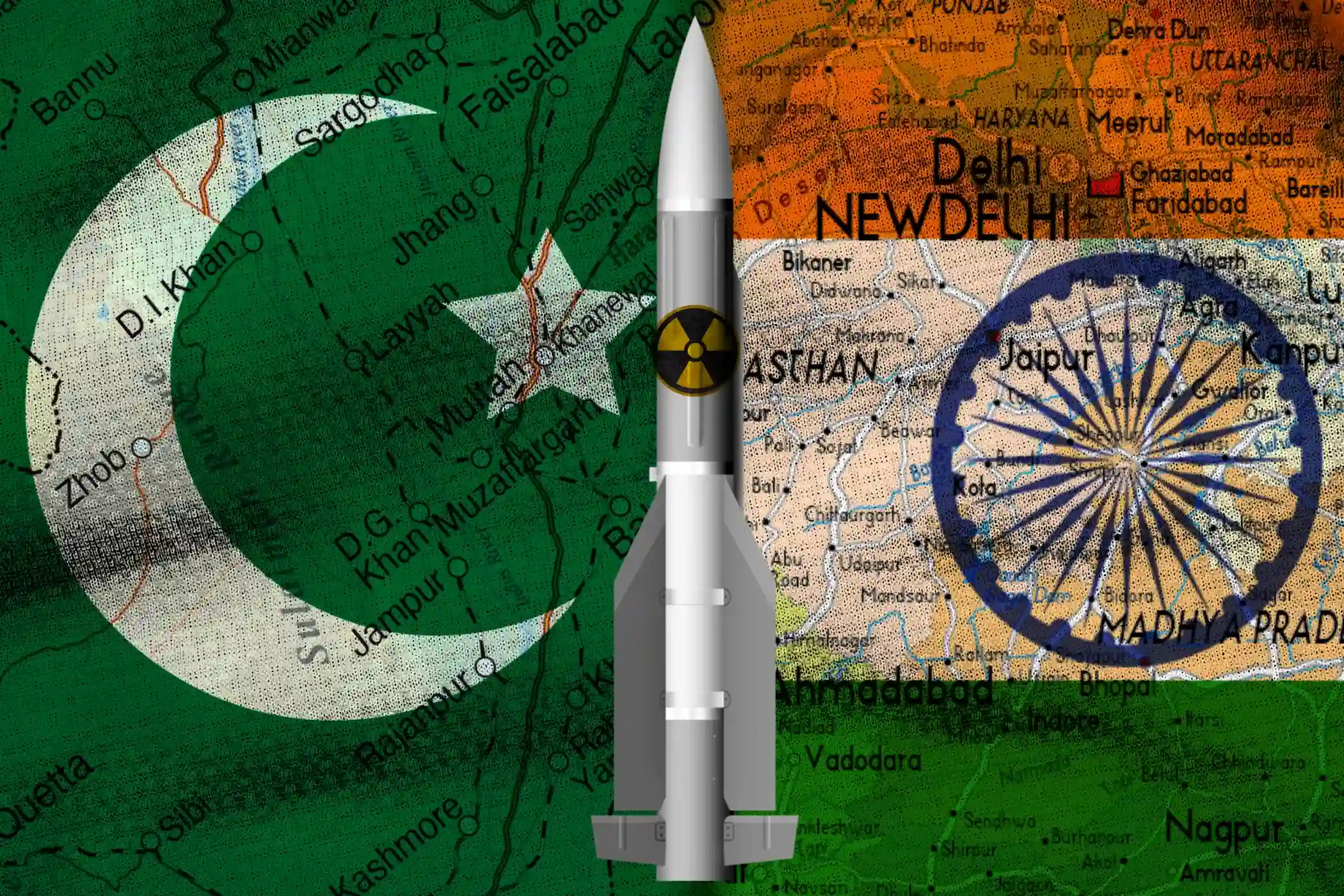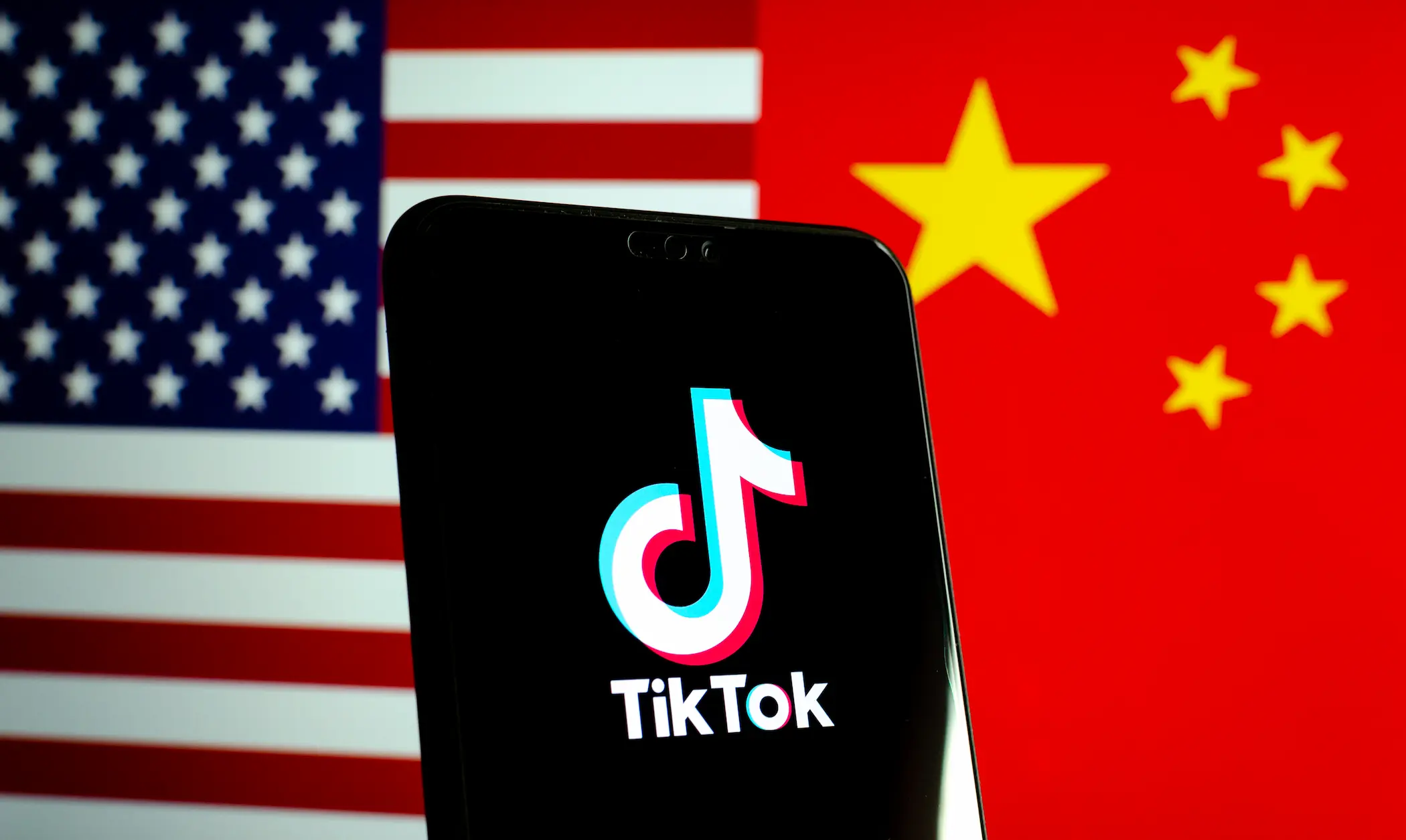China and Taiwan have had a complex relationship. Taiwan was once a part of China, following the Chinese Civil War in 1949, the government of the Republic of China retreated to Taiwan, while the People's Republic of China established itself on the mainland. For decades, Taiwan was recognized by many countries as the legitimate government of China, even holding China's seat at the United Nations until 1971, when it was replaced by the People's Republic of China. While China pledges to reunify Taiwan, even by force, the latter depends on the United States to deter any potential Chinese invasion.
Given the current geopolitical changes in the world, there is a possibility that China could invade Taiwan, exploiting the West’s emphasis on the Russia-Ukraine War.
Why is a Chinese Invasion Probable?
Tensions between China and Taiwan have remained unresolved since 1949. There are three reasons that might push China to invade Taiwan, attempting to seize it by force before formally annexing it.
Firstly, China views Taiwan as a part of its territory that should be reunited with its main land. The Chinese Communist Party (CCP) perceives the continued separation of Taiwan as a threat to its legitimacy, believing that annexing Taiwan would maximise its authority to alleviate calls on political reforms. Moreover, allowing Taiwan to remain outside Beijing’s control undermines the CCP’s authority and risks portraying it as weak, thus challenging its ability to maintain power domestically and in the international arena.
Secondly, the rapid modernization of China’s military further supports the feasibility of a potential invasion. Over recent years, China has significantly expanded its naval capabilities and developed advanced military technologies, including aircraft carriers, hypersonic missiles, and sophisticated cyber warfare capabilities.
The Chinese military has increasingly demonstrated its preparedness for an operation involving Taiwan, conducting frequent military exercises in close proximity to the island. For instance, in August 2022, following a visit by then-U.S. House Speaker Nancy Pelosi to Taiwan, China launched large-scale military drills around the island, including the firing of ballistic missiles over Taiwan and deploying warships and fighter jets across the Taiwan Strait. These exercises were some of the most aggressive military actions near Taiwan in decades and were seen as a direct warning to both Taiwan and the United States.
Moreover, the Pakistan-India clashes in May 2025 have showed the ability of Chinese weapons as Pakistan used the Chinese-made J-10C fighter jet to down the French Rafale and Russian SU-30 and MIG-29. These incidents indicate that China may succeed in its military pursuit to seize Taiwan by force.
Thirdly, the evolving global order, characterised by a shift away from a U.S.-led unipolar system, may embolden China to take a military action against Taiwan. The strategic significance of Taiwan is not only territorial but also economic, particularly in the global semiconductor industry, where Taiwan produces around 60% of the world’s semiconductors, and 90% of the most advanced chips. In this context, China’s move toward Taiwan is not merely an issue of territorial integrity but also economic as Chinese control of global semiconductor industry would increase its political and economic influence exponentially. At the moment, China contributes 8% of the global production of the semiconductor industry.
Geopolitical Implications
The Chinese seizure of Taiwan by force will be a turning point in global power dynamics, as this would maximize Chinese military power, reinforcing its influence in the South Chinese Sea. Moreover, the Chinese annexation of Taiwan would undermine the U.S. role in global politics due to its failure to protect its allies. This would motivate other countries in Asia, such as South Korea, Japan, and Australia to question their dependence on U.S. military support.
Globally, the role of the United States will be undermined, and its ability to project power and maintain leadership in key strategic regions, such as Europe and the Middle East, will weaken, as China’s control of Taiwan signals a shift toward a multipolar world order. With China asserting dominance over a critical node in global supply chains, and expanding its military and economic influence in East Asia, the unipolar moment of U.S. supremacy gives way to a more contested global landscape where multiple powers challenge the West’s leadership and rewrite the rules of international politics.
Economic Implications
China’s control over Taiwan and the South China Sea would give it a stronger position in global trade routes, putting Western economic and strategic interests at risk. The South China Sea acts a major trade hot spot, with about $3.4 trillion in goods, roughly a third of global shipping, passing through yearly. It handles 60% of Asia’s maritime trade, including 64% of China’s sea trade and 42% of Japan’s. Moreover, according to estimates, the South China Sea holds around 11 billion barrels of oil and 190 trillion cubic feet of natural gas. These resources are vital for the energy needs of the countries involved and carry major economic importance, Chinese control over the South China Sea would allow China to cover its needs and export energy as well.
China’s possible control over Taiwan would severely disrupt the global semiconductor industry, as Taiwan, home to the world’s largest semiconductor manufacturer, Taiwan Semiconductor Manufacturing Company Limited (TSMC), produces over 60% of global semiconductor supply. TSMC alone holds about 50% of the global foundry market, producing critical chips for industries, such as electronics, automobiles, and military technology.
The potential loss of Taiwan would devastate the supply of these advanced semiconductors, exacerbating the already ongoing global chip shortage. Taiwan’s chips are essential for products like smartphones, AI systems, and vehicles, with Taiwan providing 70-80% of the world’s most advanced semiconductors. A Chinese takeover would significantly disrupt production, leading to severe shortages, price hikes in electronics, and a rise in inflation in tech-reliant economies.
The potential Chinese control of Taiwan would also elevate China’s influence in the semiconductor market, where it currently controls about 8% of global production, but lags behind Taiwan and South Korea in advanced chip production. Taking over Taiwan would accelerate China’s efforts to dominate the industry, bolstering its domestic tech giants such as Huawei. The global semiconductor market would shift, with Western countries, particularly the U.S., facing strategic disadvantages. The U.S. has tried to mitigate these risks by investing in domestic chip manufacturing through the CHIPS Act, but it would take years to match Taiwan’s advanced capabilities. Consequently, China’s control would have profound effects on global supply chains, increasing uncertainty and risk in tech industries worldwide.
To sum, Chinese invasion of Taiwan is probable due to Chinese rising nationalism, military preparedness, and shifting global power structures. China views reunification as central to its political legitimacy and national identity, making Taiwan a strategic and symbolic target. The modernization of China’s military creates a tempting window for action. A successful invasion would not only enhance China’s regional hegemony but also disrupt global supply chains, especially in semiconductors. Such a shift would mark the decline of unipolarity and the rise of a multipolar order.
This analysis is part of the “What If” series, available on AHRC website under the Early Warning Program.
References
ChinaPower Project. (2016) How much trade transits the South China Sea? [online] Center for Strategic and International Studies. https://chinapower.csis.org/much-trade-transits-south-china-sea/
Expert Network Calls. (2024). Future of China Semiconductor Industry 2030: Market Predictions. https://expertnetworkcalls.com/66/future-of-china-semiconductor-industry-2030-market-predictions
Global Taiwan Institute. (2025). Taiwan’s Shortage of Chipmakers: A Major Threat to the Industry’s Long-term Growth. https://globaltaiwan.org/2025/03/taiwans-shortage-of-chipmakers-a-major-threat-to-the-industrys-long-term-growth/
IndexBox. (2025). China Crude Oil Imports – 2024. https://www.indexbox.io/blog/china-crude-oil-imports-2024/
Reuters. (2025). Pakistan’s Chinese-made jet brought down two Indian fighter aircraft – US officials. https://www.reuters.com/world/pakistans-chinese-made-jet-brought-down-two-indian-fighter-aircraft-us-officials-2025-05-08/
Reuters. (2024). China’s crude oil imports fall in 2024 for first time in two decades outside COVID. https://www.reuters.com/markets/commodities/chinas-crude-oil-imports-fall-2024-first-time-two-decades-outside-covid-2025-01-13/
Reuters. (2022). China extends military drills around Taiwan after Pelosi visit.https://www.reuters.com/world/asia-pacific/china-extends-military-drills-around-taiwan-after-pelosi-visit






















Comments